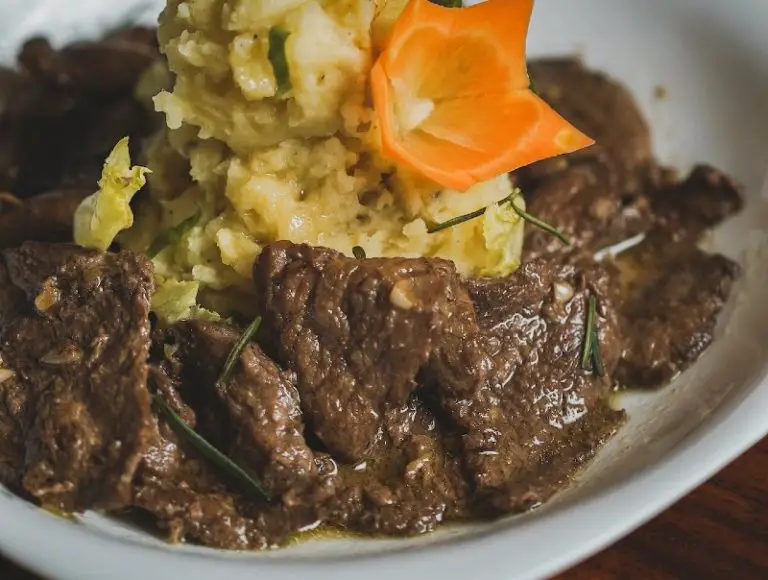Rediscovering the Art of Artisanal Food
In the world of gastronomy, the term ‘artisanal food’ is, once more, picking up momentum. As with most trends, we are in a cyclical stream. We have passed through the era of industrialisation, of food that has been mass-produced and processed for convenience, and are now starting to look back to the past; and the age of craftsmanship and artisanal skills.
But what, exactly, is ‘artisanal food’ and how do we define it? An artisan (from the Italian word “artigiano”) is a skilled manual worker. Throughout the Middle Ages, artisans were the dominant producers of goods. Since the term denoted a skilled person, artisans were considered to be influential. They were often creative leaders, who posessed the skill of manual dexterity as well as knowledge and vision.
There is certainly a connotation of historical, community or personal tradition in artisanal food making. It could be the skill of making a product in a particular way or according to a regional speciality. Artisanal foods could include speciality breads and pastries, charcuterie, butchery, brewing or preserving. In all cases it denotes food which is produced using non-industrialised methods. Any product made by an artisanal food producer is the result of care, craftsmanship and a particular expertise that may have been handed down through many generations.
In Great Britain we are seeing more and more signs of the re-emergence of skilled artisanal food producers, of home cooked food produced on a smaller scale and available locally. Britain now has its first School of Artisan Food, which is both an educational and recreational centre of excellence dedicated to the craft of artisanal food making. It sits in the heart of England, on the Welbeck Estate within Sherwood Forest, Nottinghamshire, offering a unique opportunity for people of all levels to learn a new skill and expand their knowledge base.
Students can take one-day courses in skills such as artisanal baking, ice-cream, preserve and chocolate making, curing and smoking, beer, cheese and pastry-making, as well as meat and game butchery and preparation classes.
For those seeking more in-depth knowledge, or perhaps to acquire a new skill to start their own business, higher level, professional courses are offered in the form of a one-year Advanced Diploma qualification – the first to be offered in the UK in artisanal food production.
In terms of what makes a good artisanal producer, Alison Parente, the Director of The School of Artisan Food, believes “They should understand and respect the raw materials with which they are working, know where these materials come from and what is particularly good about them.” To go on as a producer of artisanal food, “Students should have mastered the craft of their particular production and have a historical, experiential, intuitive and scientific understanding of what makes the process that they are engaged in successful.”
As consumers, should we be concerned about standards? How do we differentiate between a product that is truly authentic and artisanally produced and one that simply carries such a label to add greater value?
Alison believes that “As the public becomes re-introduced to artisanal food and more demanding about its quality, the artisanal sector will be obliged to label its products informatively and to demonstrate the traceability of all ingredients found therein. The public will be able to taste for themselves the difference in quality as palates get used to encountering real food again.”
Is it costing us more? Yes, clearly there is a premium to be paid for a hand-made or uniquely produced food item. By weaning ourselves off mass-produced and highly processed food, however, and returning to the food of the land, fresh and real ingredients and higher standards in production and growth, we will be more in tune with our taste buds and more in tune with nature. With it also comes a greater sharing of knowledge and accountability; ask any artisanal producer how his food is made and he or she should happily demonstrate. Trade secrets are a thing of the past. Passion, craftsmanship and technique are returning.
For further details of any of the courses mentioned, visit the website:
http://www.schoolofartisanfood.org/


